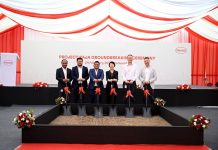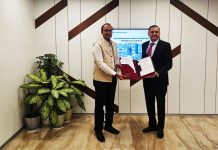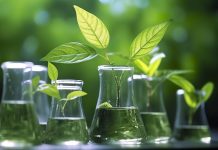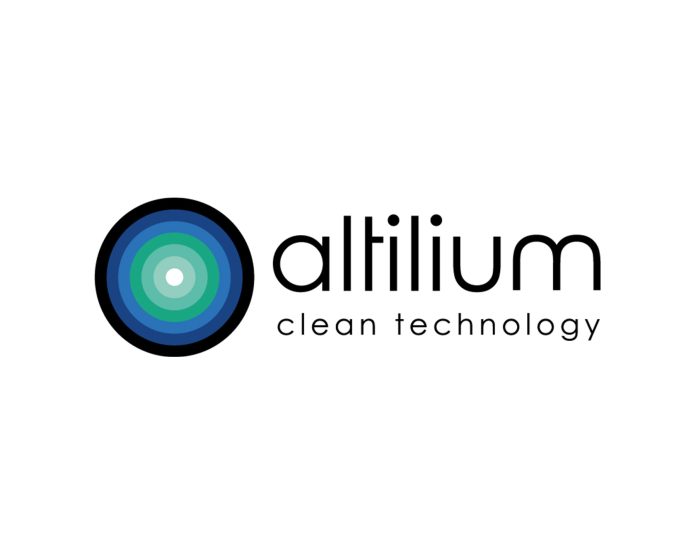Altilium reports advancements in its ‘EcoCathode’ recycling technology, achieving breakthroughs in lithium recovery from new battery types and producing cathode active materials (CAM) from a mix of lithium scrap.
The sole UK entity recycling old EV batteries into high nickel P-CAM and CAM for direct reuse aims to establish a sustainable battery raw materials chain, reducing reliance on China.
Altilium’s ‘EcoCathode’ process efficiently recovers over 97% lithium from LFP batteries and delivers CAM from NMC111 battery chemistries and production scrap.
For the first time, Altilium produces advanced NMC 622 high nickel chemistry from mixed lithium scrap, potentially prolonging new battery lifespan with a 60% carbon emission reduction and 20% cost cut compared to virgin materials.
Altilium’s Teesside facility, designed for mega-scale recycling, will process various battery chemistries, including LFP, demonstrating its ability to recycle both LFP and NMC batteries.
Christian Marston, Altilium’s COO, emphasizes their commitment to innovative technologies for a domestic low-carbon battery materials supply chain, addressing economic challenges in LFP battery recycling and ensuring high-quality CAM production.
Altilium also recycles graphite for anode production and plans to offer a closed-loop solution to OEMs and cell manufacturers, collecting EV batteries, processing waste, and refining materials for new battery production.
As reported by Energy Technology News, the Teesside plant is projected to produce around 30,000 tonnes of CAM annually, supporting approximately 20% of UK’s new EV production by 2030.






























